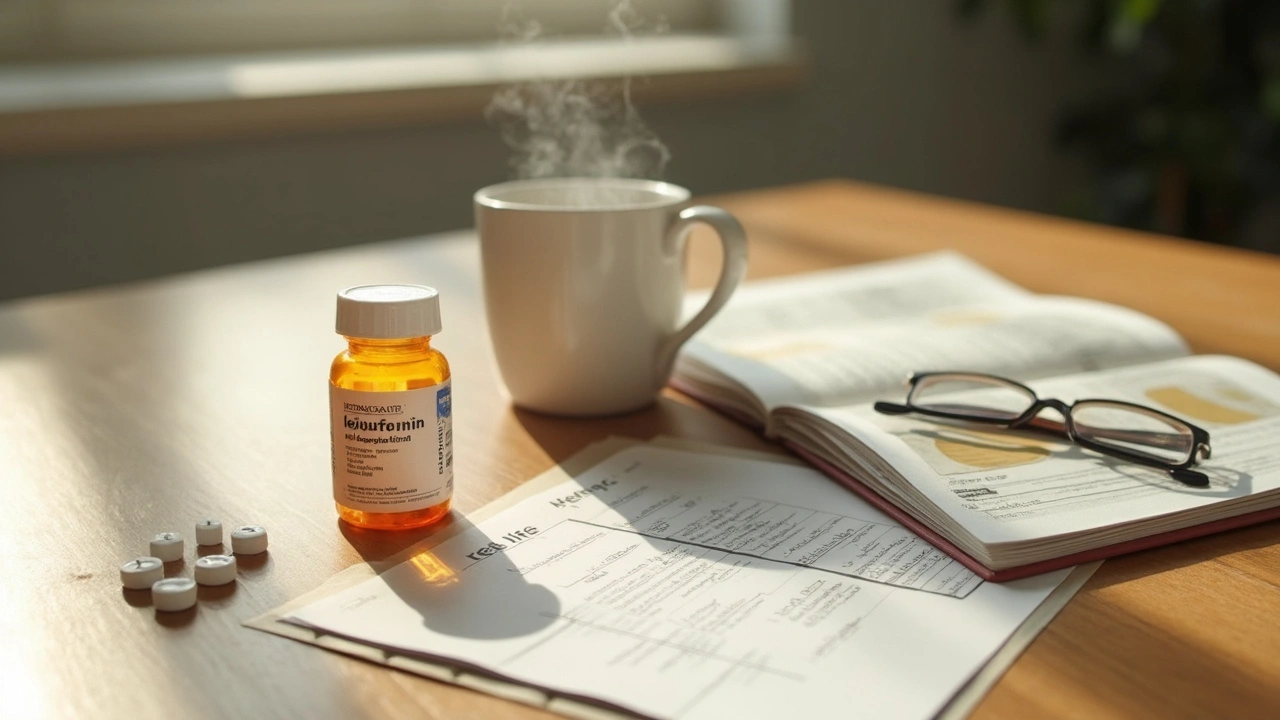Get the full inside scoop on Wellbutrin (bupropion) – one of the world's most talked-about antidepressants. Learn how it works, who it helps, unusual facts, the real side effects, and practical advice you won’t find in most guides. If you’re curious about Wellbutrin or thinking about starting it, this read arms you with everything you wish your doctor had time to explain. Candid, detailed, based on real science and real-life stories.
MoreDepression Treatment: Straightforward Ways to Feel Better
If you’re dealing with depression, you’re not alone—and it’s okay to look for answers on how to manage it. Depression treatment isn't one-size-fits-all, but understanding your options can help you find what works best for you. Whether it's medicines, therapy, or lifestyle changes, knowing your choices is a solid first step.
Medications: What’s Out There?
Antidepressants are often the first thing people consider when treating depression. These medications affect brain chemicals that influence mood. Common types include SSRIs (like fluoxetine), SNRIs, and tricyclic antidepressants. They usually take a few weeks to kick in, and doctors will help find the right dose for you, balancing benefits with side effects.
It’s important to remember that while medications can help, they aren’t magic pills. You need to stick with the plan, talk openly with your doctor, and report any issues. If one medicine doesn’t work, there are others to try. Don’t get discouraged.
Therapy and Lifestyle Changes
Alongside meds, therapy plays a key role. Cognitive-behavioral therapy (CBT) and other counseling methods help you learn new ways to think and respond to problems that trigger depression. Talking it out with a professional can bring clarity and coping skills that pills alone can’t provide.
Also, don’t underestimate simple lifestyle moves. Regular exercise, a proper sleep schedule, and healthy eating can make a noticeable difference. Reducing stress, connecting with others, and staying engaged with enjoyable activities build a stronger mental state.
Many people find the best results come from combining treatments—medications, therapy, and daily habits. And remember, recovery takes time. Patience with yourself and your treatment process is key.
If you’re unsure where to start, a visit to a mental health professional can set you on the right path. They’ll assess your situation and recommend options tailored for you. You’re not alone in this, and help is available.

